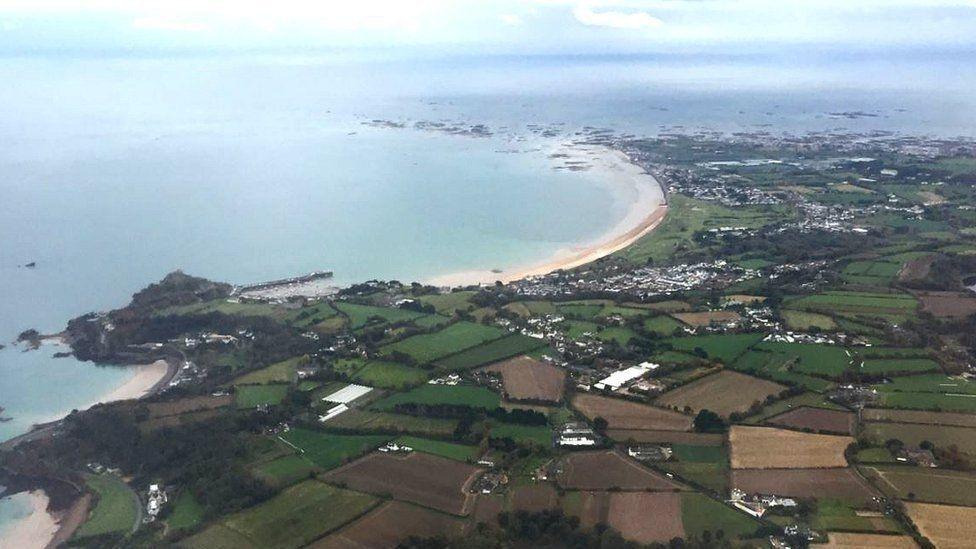Why annual hedge cutting is a balancing act
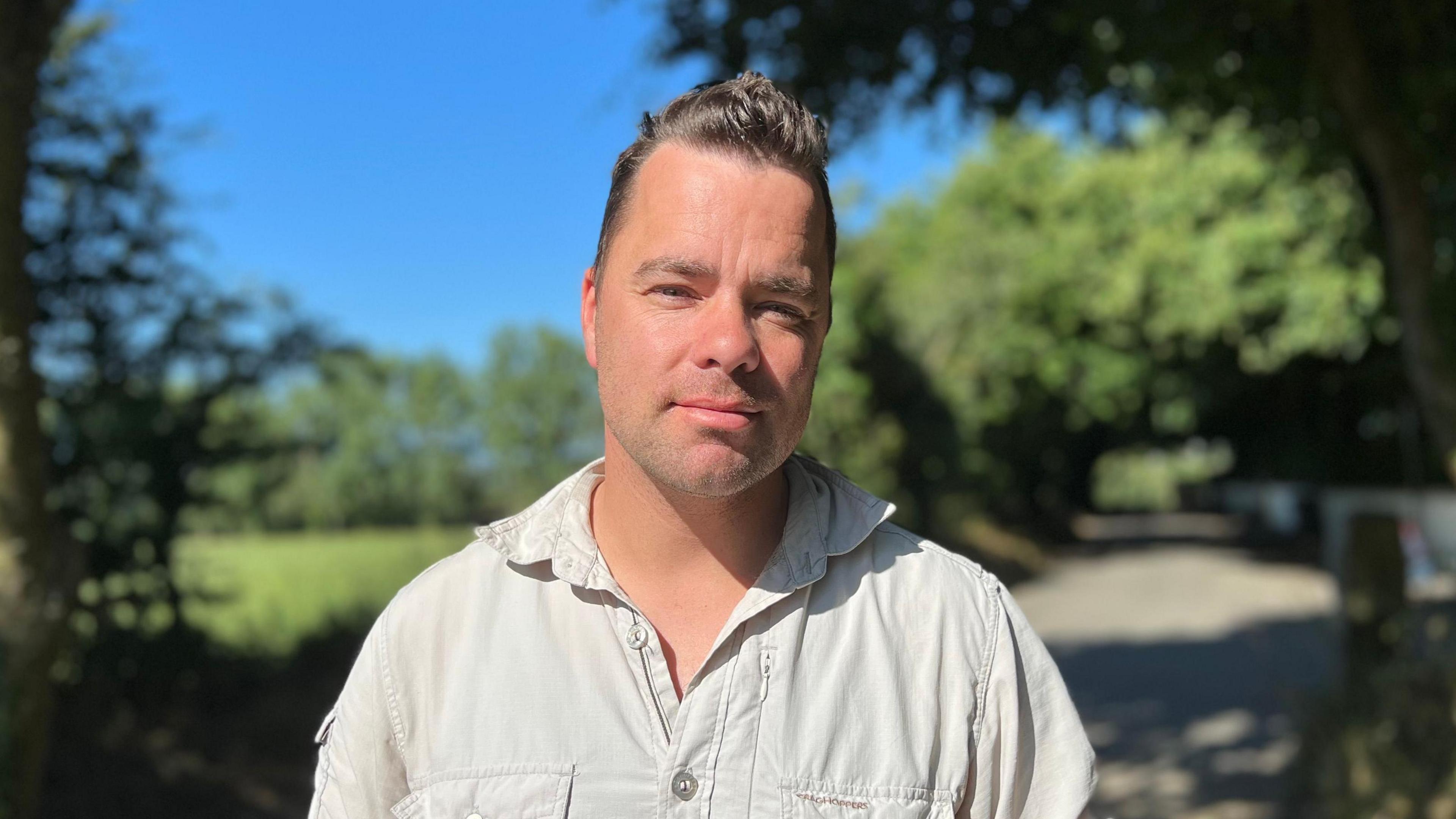
Conservationist Stephen Le Quesne says the island's natural environment has been degraded since branchage began
- Published
Since 1914, people in Jersey have picked up sickles and strimmers to cut the hedges around their properties.
"Branchage" is a legal requirement designed to keep roads as safe as possible, but environmentalists have said they are increasingly worried the practice is destroying too much, and have called for change.
Conservationist Stephen Le Quesne said branchage had been completed to varying levels of success, damaging hedges and injuring wildlife, for years.
Constable of St Saviour Kevin Lewis said it was important to maintain road access but added it was difficult to balance the community's competing needs on the issue.
What is branchage?
Branchage, which literally means branches, is required by an 111-year-old law that asks land owners or renters in Jersey to cut back any trees, shrubs or grass overhanging roads near their property.
There must be a 12ft (3.6m) clearance over main roads and by-roads, and a clearance of 8ft (2.4m) over footpaths.
The aim is to make it safer for drivers, cyclists and pedestrians to use the roads.
Parish officials carry out two inspections, one in late June or early July and another in September, to check branchage has been completed.
If it is not done properly, the person responsible can be fined up to £100 per infraction, or the parish may arrange for the work to be done and residents to be charged for it.
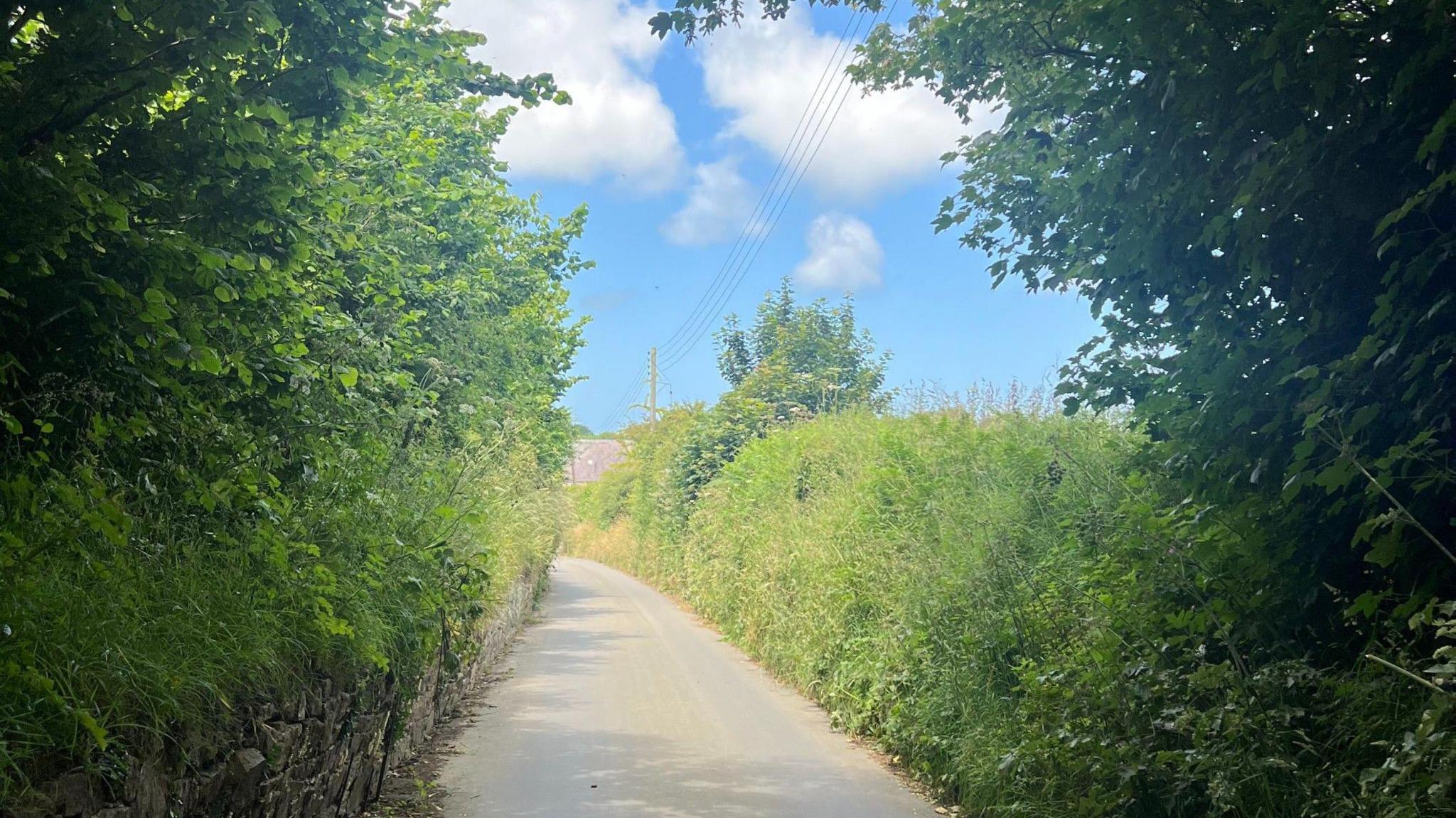
The branchage law that requires islanders to cut their hedges has been in place since 1914
Mr Le Quesne said he believed the island's natural environment had been degraded since the start of branchage.
He said hedges being "scalped to the bone" caused environmental loss and risked erosion to old stone walls.
"You're losing your insect populations, you're losing your flowers, you're losing your biodiversity, you're not allowing flowers and grasses to go through their natural cycles," he said.
He suggested creating a network of green lanes across the island with minimal traffic are not cut until August or early September.
He said this could be a real boost for tourists visiting the island for its natural beauty and would encourage people to get out more.
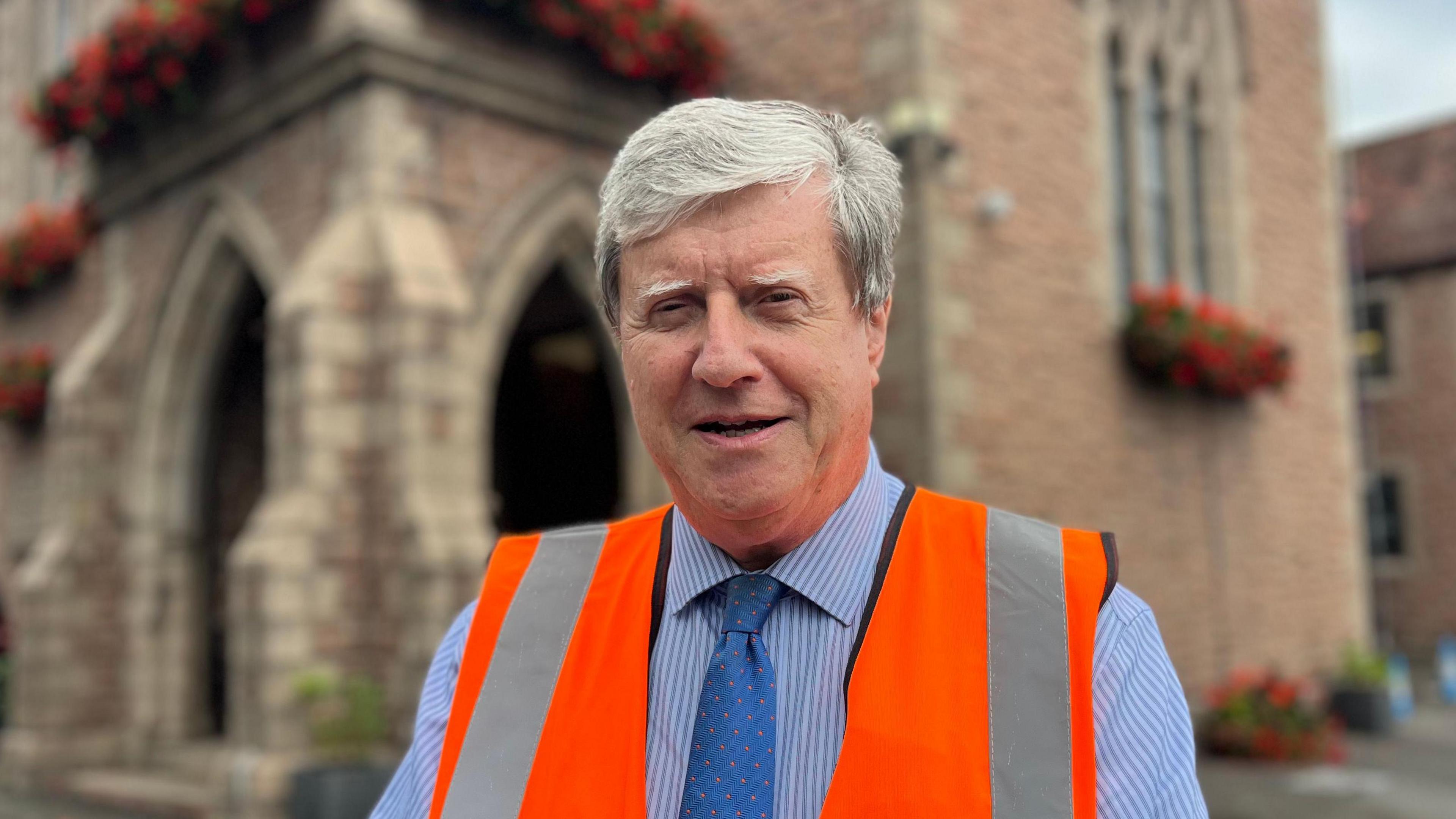
Constable Kevin Lewis says branchage is important to maintain vehicle access on the roads
Lewis said branchage was important to maintain free access to the roads, particularly for bin lorries, tractors and emergency vehicles.
He said he agreed with environmental concerns and it was important people did not cut back hedges too tightly, leaving between 10cm of growth and the legally required length.
He added he had only seen a few "minor infractions" during his July 2025 inspection and he preferred to issue warnings to residents instead of fines.
The Government of Jersey advises people should help the environment by cutting with hand tools when possible, allowing plants to set seed if not overhanging, leaving tussocks of vegetation for insects and never carrying out heavy hedge work during bird breeding season between 1 March and 31 July.
- Published25 June
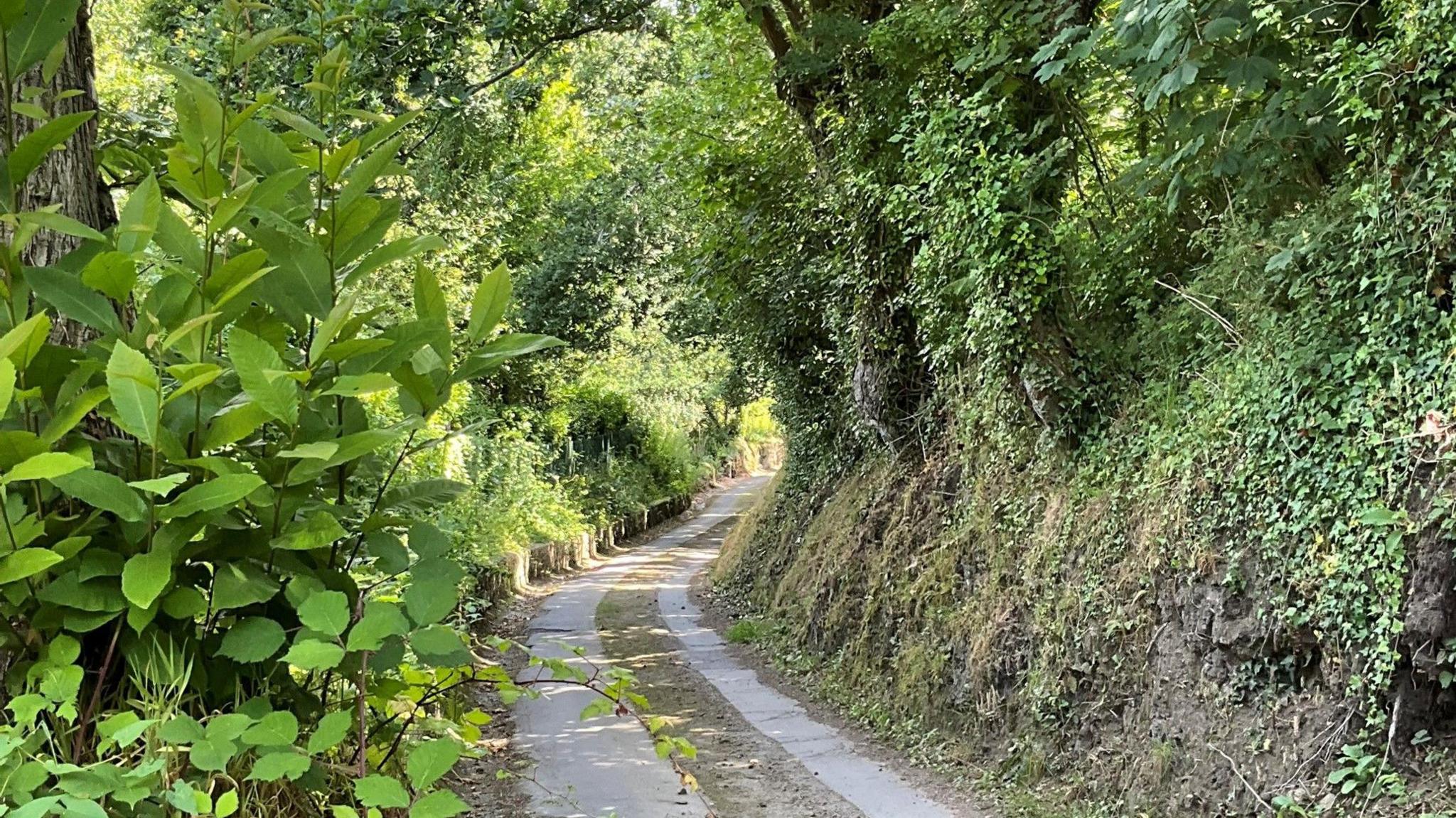
- Published24 October 2023
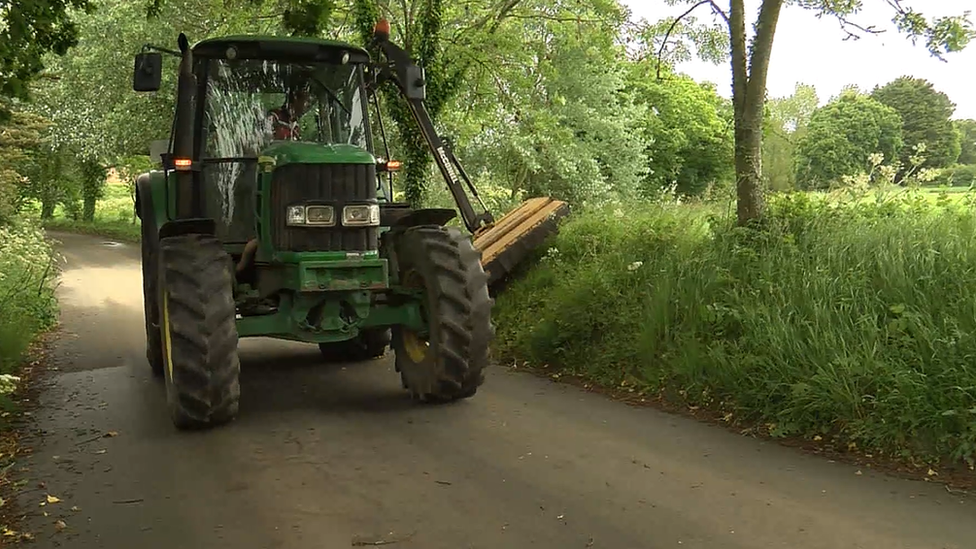
- Published1 June 2022
